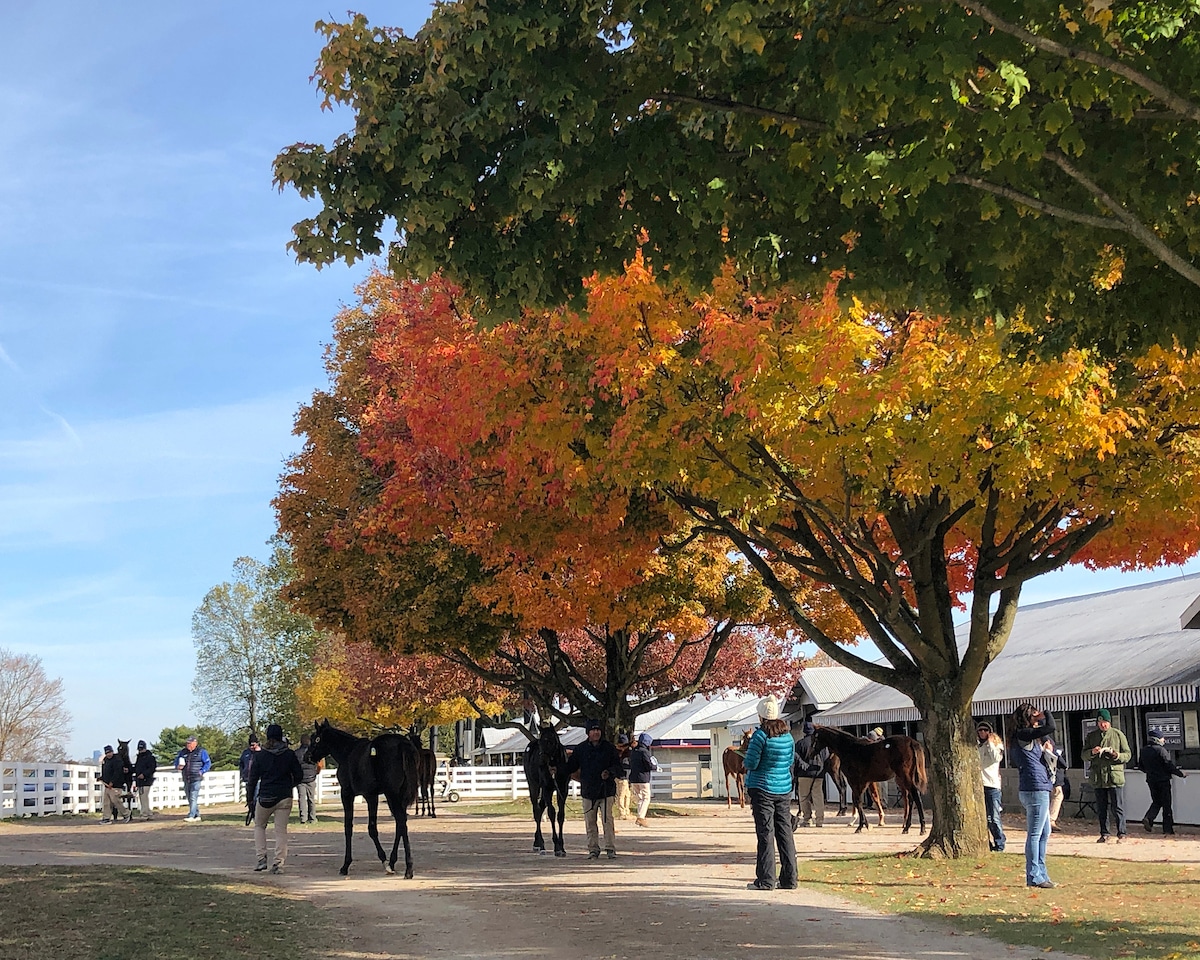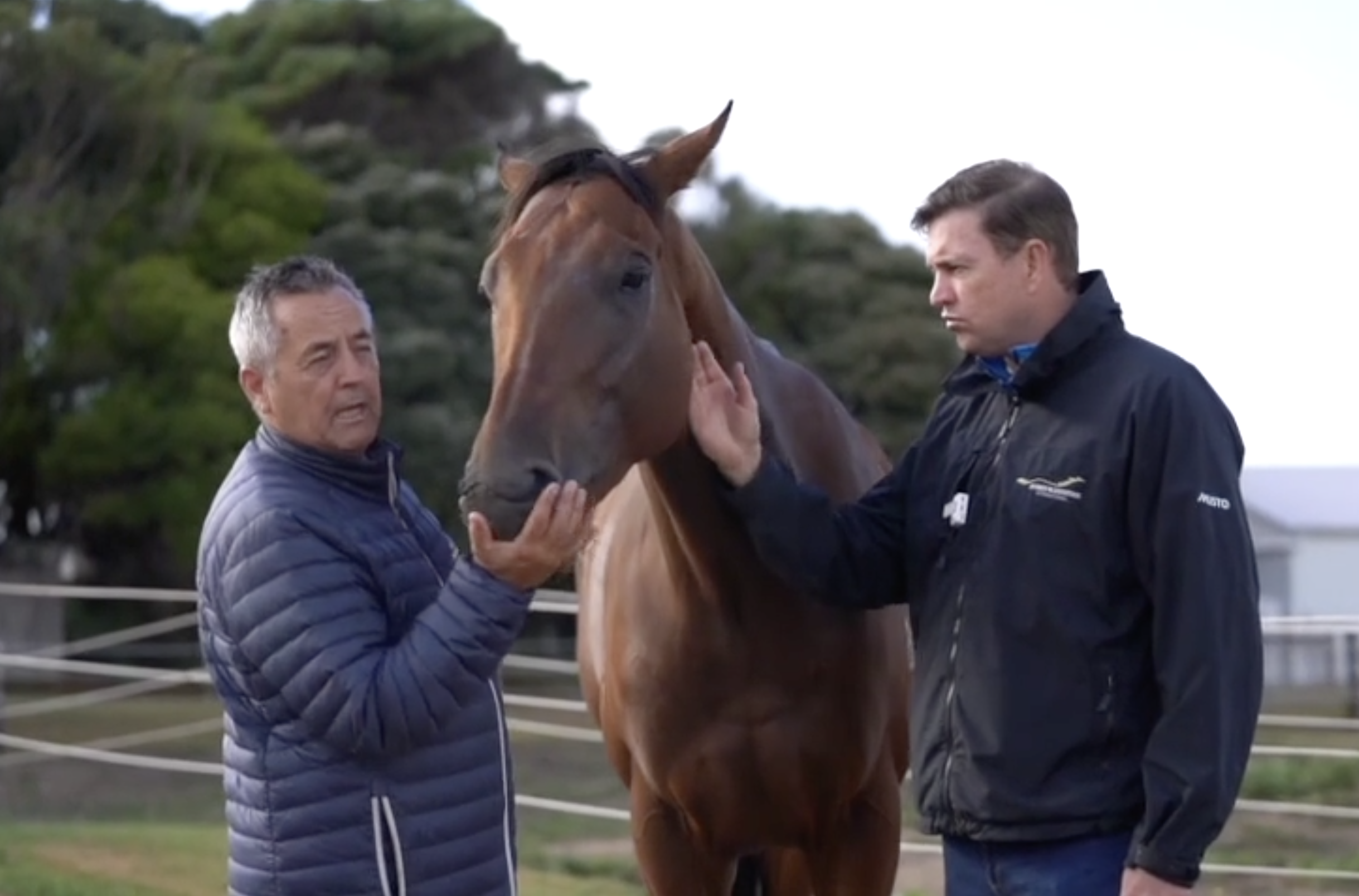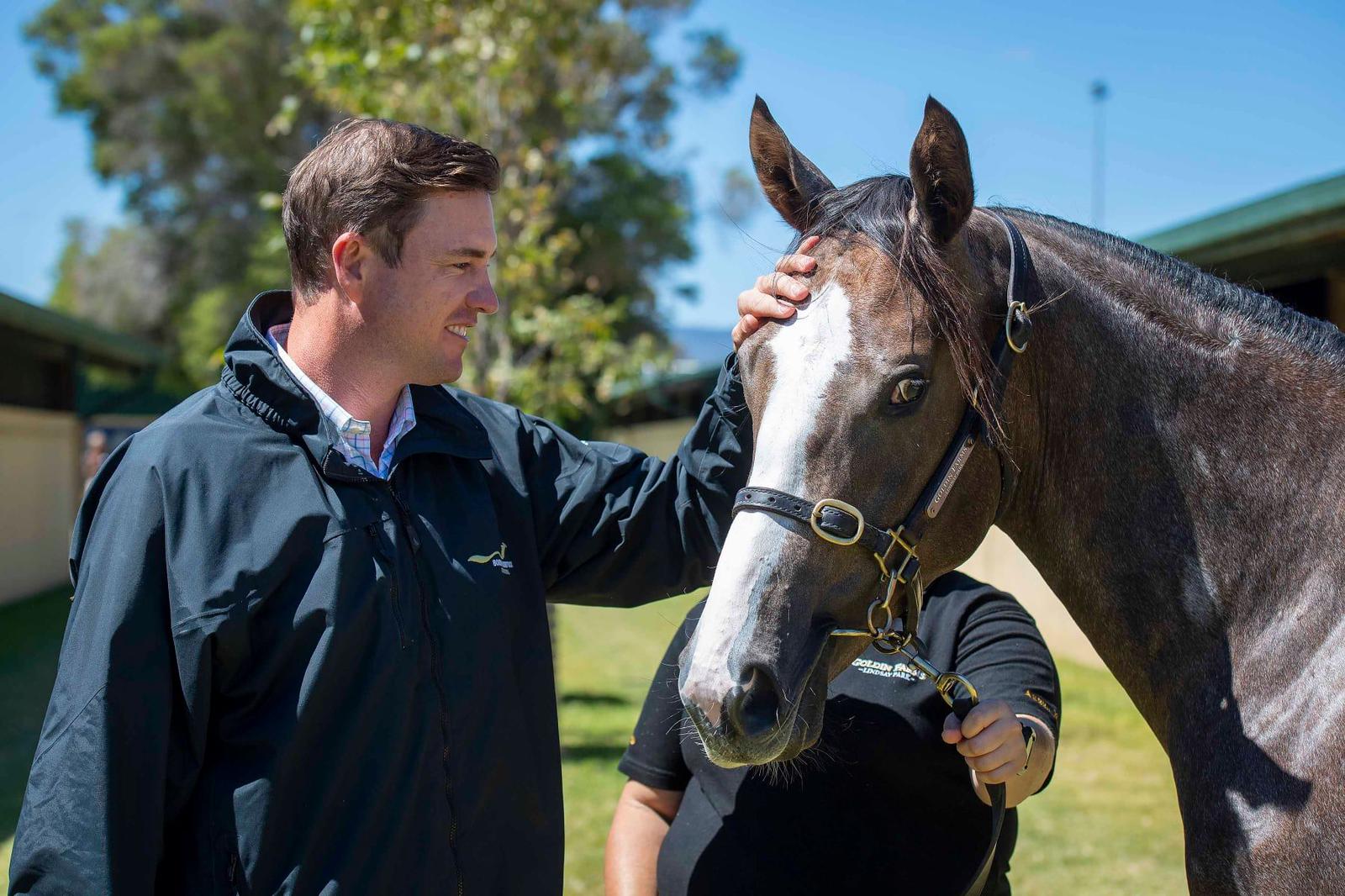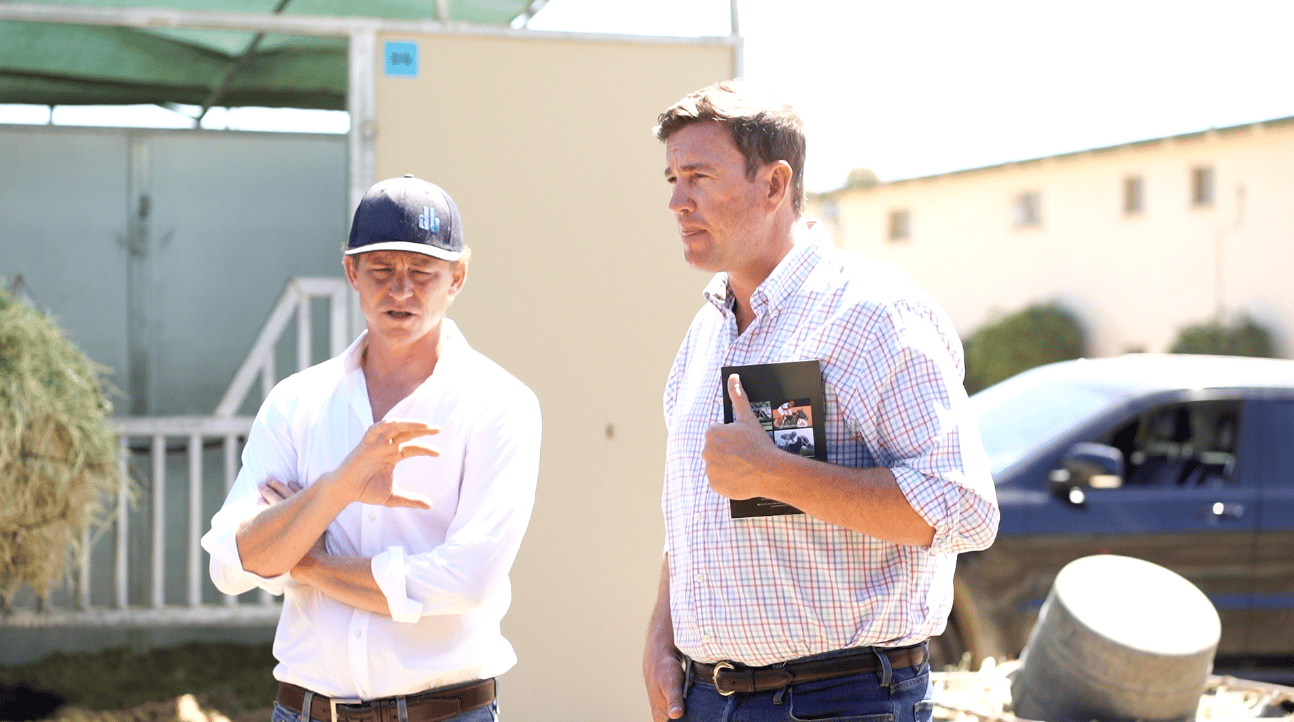In order to answer this question, it is important to know what your bloodstock goals are.
A bloodstock agent usually works with one person or a small group of people to help them purchase, breed, or manage horses in addition to playing a consultant role. In contrast, a syndicator can work with large numbers, putting together large groups, selecting a trainer and tightly managing the experience.
Bloodstock agents provide a variety of services depending on what the client is looking for. If a client wants to buy a certain type of horse, they will attend auctions or look at purchasing horses privately to fill the order. In addition, if the clients have breeding stock the agent may consult on making breeding plans and help secure bookings to stallions for their mares. The benefit of using a bloodstock agent is that ultimately you have control of everything that happens, with an advisor close at hand to offer insight.
While they are there to consult and guide you, if you don’t like a horse or a mating they have picked out, you can select a different direction. Bloodstock agents also have their ears to the ground and know people around the world so if you are looking for a certain type of horse, they can often find it for you.
No matter if you have racehorses or breeding stock, having a bloodstock agent on your team is a valuable addition. Experience allows them to provide good insight and their network of industry professionals can come in use for a variety of different needs. Bloodstock agents will often put together partnerships of likeminded individuals, ensuring the investment portfolios are maximised.
Typically, bloodstock agents charge a commission of 5% of the horse purchase price for their services.

The role of a syndicator is to sell shares in a horse and manage the process for a group of people whether it be breeding stock or a racehorse. Racehorse syndication is closely governed by the Australian Securities and Investments Commission and are issued an Australian Financial Services License.
From a racehorse standpoint, syndications are optimal if you want someone else to manage all the details that come with racehorses and want to be in a large group of owners. Syndication companies such as Domain Thoroughbreds or Star Thoroughbreds buy the horse first and then offer shares to buyers.
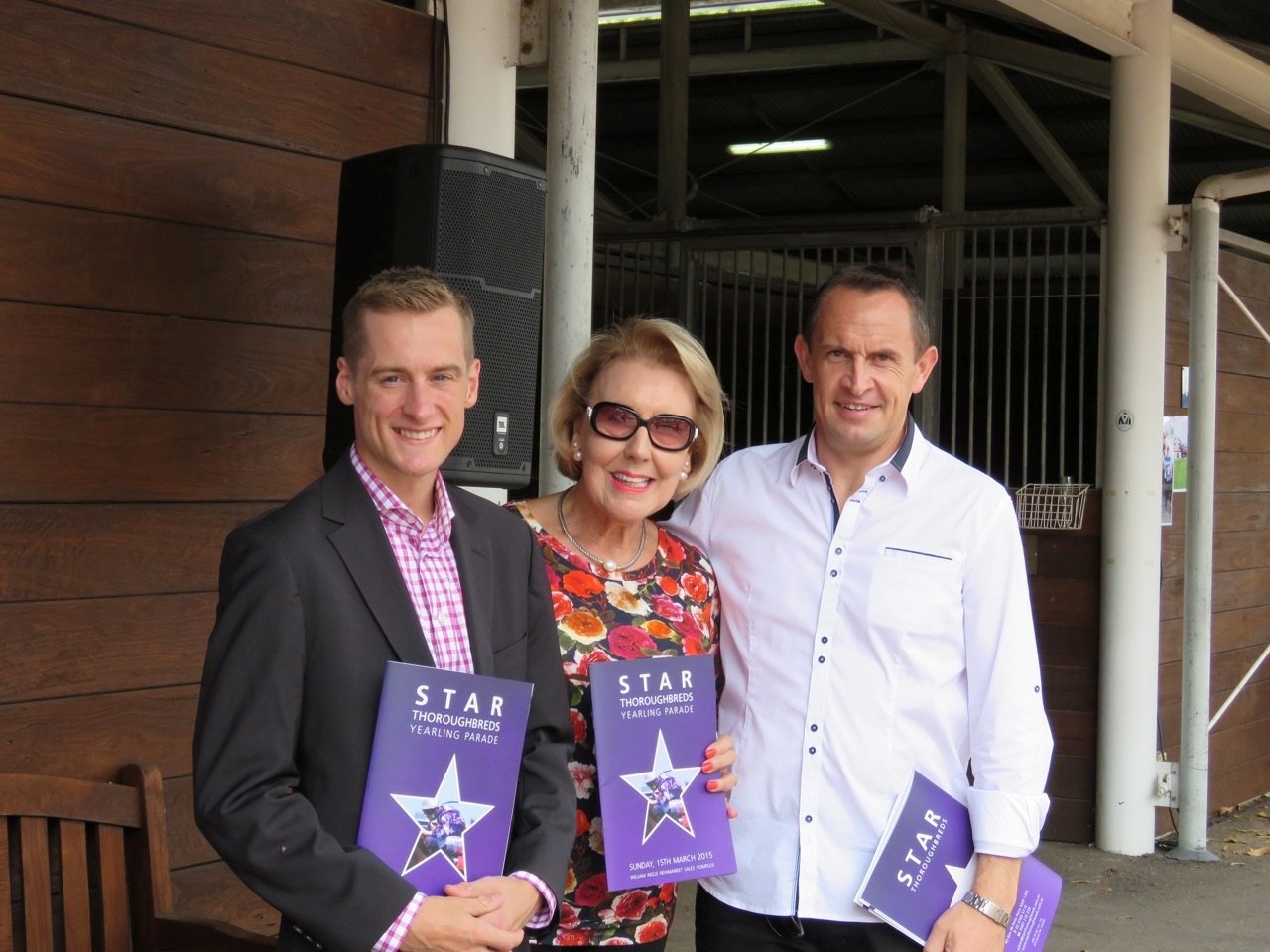
The drawback to choosing a syndicate instead of owning a horse outright and using a bloodstock agent’s services is that you won’t have as much control as if you owned the horse outright or with a bloodstock agent managed partnership. While both are there to help you make the best choices for your horses, syndicators have more control than bloodstock agents. Another thing to consider is that unlike a partnership, horses managed by a syndicate can have the syndicate’s name listed instead of each individual owner of the horse.
The bonus to using a syndication company is they will handle all the paperwork, finances and navigate any issues that may arise during the management of the horse. This is especially useful if it is your first time owning a racehorse, or if you are interested in buying a small share, as there can be many small details that need to be handled.
If you want to be part of a small ownership group or have sole ownership in a horse, having a bloodstock agent to direct you may be the way to go. If you want to be in a larger group and not be in charge of as many decisions, syndication may be more up your alley.

